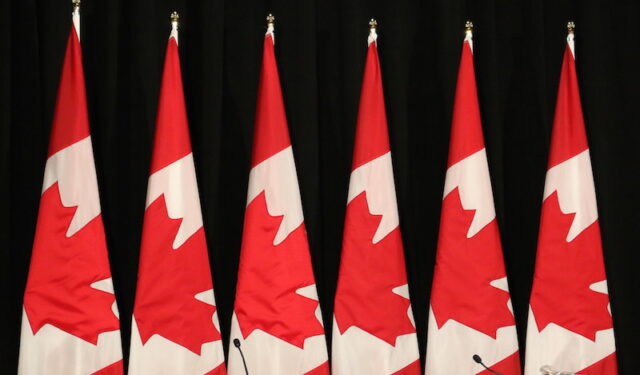Canada has announced measures to protect international students from fraud. It is initiating measures at strengthening Canada’s International Student Program with a goal to protect students from scams and fraud.
Marc Miller, Minister of Immigration, Refugees and Citizenship, today announced the plans in Brampton, Ontario.
As from December 1, 2023, post-secondary designated learning institutions (DLI) will be required to confirm every applicant’s letter of acceptance directly with the Immigration Refugees and Citizenship Canada, (IRCC). According to IRCC, the measure of enhanced verification process aims to protect prospective students from letter of acceptance fraud.
The minister promised Canada will continue to improve Canada’s International Student Program by protecting students and weeding out those who try to take advantage of them.
Following a fraud investigation carried out in June, it was discovered that letters of acceptance submitted as part some study permit application were fraudulent. According to the investigation, some students were duped by those who claimed to be helping them in their application process while others fell victim to organized crime.
A taskforce of IRCC and Canada Border Services Agency (CBSA) was formed to work on this issue and of the 103 cases reviewed by October 12, 2023, 63 were found to be genuine students and 40 were not.
Canada takes action on fraudulent immigration consultants
Canada Border Services Agency had in June charged Brijesh Mishra, a citizen of India, for immigration related offences. He was charged following information obtained on his alleged involvement in activities related to counselling misrepresentation.
Canada derives economic benefit from its international student program. The program accounts for $22 billion in economic activity annually. This economic input is greater than Canada’s exports of auto parts, lumber or aircraft, and supports more than 200,000 jobs in Canada.










